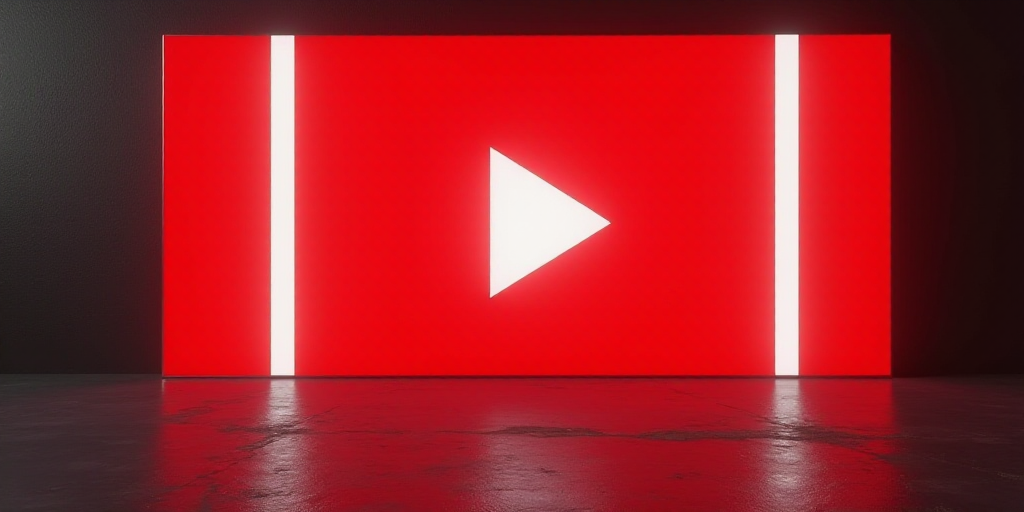Introduction
Facebook’s parent company, Meta, and YouTube have unveiled new measures to tackle accounts that repeatedly share non-original content. These efforts aim to curb the misuse of videos, photos, and text posts from other users.
Meta’s Actions on Facebook and Instagram
Meta, led by Mark Zuckerberg, already has tools in place to combat spam on its platforms. In the first half of 2025 alone, around 500,000 accounts were intervened for engaging in such practices or false interactions.
- These tools include degrading the targeted account’s comments on posts and reducing the distribution of their content, eventually preventing monetization.
- Meta has also removed approximately 10 million user profiles that falsely claimed to be significant content producers.
Despite these measures, Meta acknowledges that repetitive memes or videos still appear frequently in users’ feeds, sometimes shared by accounts impersonating content creators or spam accounts.
Stricter Measures to Enhance Original Content
To improve the content displayed in users’ feeds, Meta is implementing stricter measures to reduce non-original content on Facebook and “protect and elevate creators who share original content.”
Meta defines non-original content as repeatedly reusing or adapting another creator’s content without attribution, exploiting their creativity, according to a statement on Facebook’s creator blog.
- Accounts misusing videos, photos, or text posts from other users will lose access to monetization programs temporarily and experience reduced distribution of their shared content.
- If Facebook’s systems detect duplicate videos, they will reduce the distribution of copies to ensure original creators receive proper visibility.
- Meta is also working on methods to provide appropriate attribution for original creators, such as adding links to duplicate videos directing viewers to the original content.
Promoting Original Content Creation
Meta advises creators to publish original, self-created, or recorded content to ensure broader distribution. Personalized content from other sources is allowed if edited creatively, with voice-overs or comments.
- Merely combining clips or adding watermarks is not considered significant improvement.
Meta also recommends using authentic storytelling that “connects with the audience” and high-quality subtitles relevant to the content.
These changes will be implemented gradually, though Meta assures that creators can still make reaction videos or join existing trends, provided they add a unique touch.
“Our goal is to combat the repeated posting of other creators’ content without permission or significant improvements,” Meta stated.
YouTube’s Stance on Non-Original Content
In line with Meta, YouTube has updated its policy on “repetitive content,” now called “non-authentic content,” as shared in a support page update.
YouTube has clarified that this type of content “has always been ineligible for monetization,” as creators are rewarded for sharing original and authentic content. Continuous similar content can frustrate viewers seeking engaging and interesting videos.
- YouTube’s policy on reused content will continue reviewing comments, clips, compilations, and reaction videos.
- The platform will differentiate between content that can be clearly distinguished from the original post and content that cannot.
- Content consisting exclusively of readings from non-originally created materials, slightly modified songs, similar or mass-produced content using templates will be deemed non-authentic.
However, channels focusing on video reactions or containing clips for analysis or commentary will not be affected by these rules.






